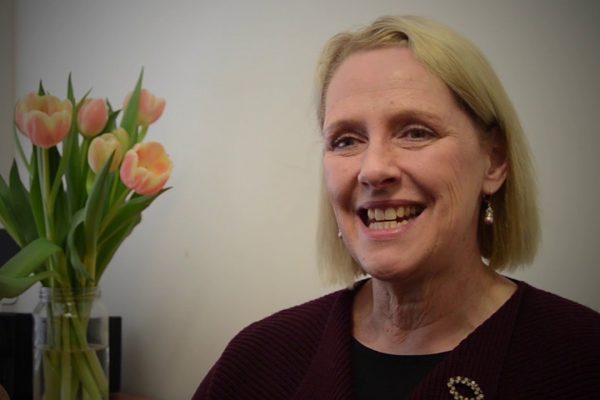None of us want to die. It is natural to hang on to life. Think of the last year with the global pandemic and the way we have protected our lives and the lives of our loved ones. Death represents the end; death in the natural order of things is the enemy of life. There is no turning back. And death reaches into all corners of the globe and into all aspects of life. We can experience the death of a relationship; we can experience the death of a community, the death of hope that has been dashed, and the death of a dream that has been shattered.
The Book of Chronicles, today, traces the death of Israel through the destruction of the Temple and the deportation of the Israelites into Babylon, under King Nebuchadnezzar. Israel saw this death as a punishment for their lack of obedience and commitment to the Law. Chronicles tells us “the wrath of the Lord rose so high against his people that there was no further remedy”. Their enemies burned down the Temple and demolished the walls of Jerusalem. Death and destruction were seen as punishment.
The witnesses to God’s action, in the Scriptures, gradually come to see death and destruction in a different way. At the centre of today’s gospel of John we read: “For God sent his Son into the world not to condemn the world but so that through him the world might be saved”. Jesus explains to Nicodemus – the Son of Man must be lifted up. In John’s Gospel, being lifted up has only one meaning, the cross.
Jesus changes the understanding of death. Rather than the enemy, death is turned into a birth, into new life. The pain, suffering and anxiety that are associated with death are not removed, but death can be faced with faith and hope in an eternal future.
Many of us have had to face the death of loved ones; some may be accompanying those who are dying today. All of us have to face the deaths that life presents to us each day. As a parish and a church we are, I believe, going through a period of great change, a sort of death if you like, from the way in which the Christian faith played such a large role in the culture of the west to its marginalised status today. People ask – why? Many grieve that loss. Others are ready to build something new just like the Israelites who responded to Cyrus of Persia’s call to rebuild the Temple.
As we approach the second half of Lent we may want to face the deaths in our life. Not just those who have died, but the losses for which we grieve, and ask the Lord to shine his light of resurrection over those losses, that they may empower us to new hope, new mission and new love. As the liturgy for the dead tells us in the face of loss, Lord for your faithful people life has changed not ended. Let us pray that we can be faithful people of change.
By Fr Brendan




Comments
Add Comment